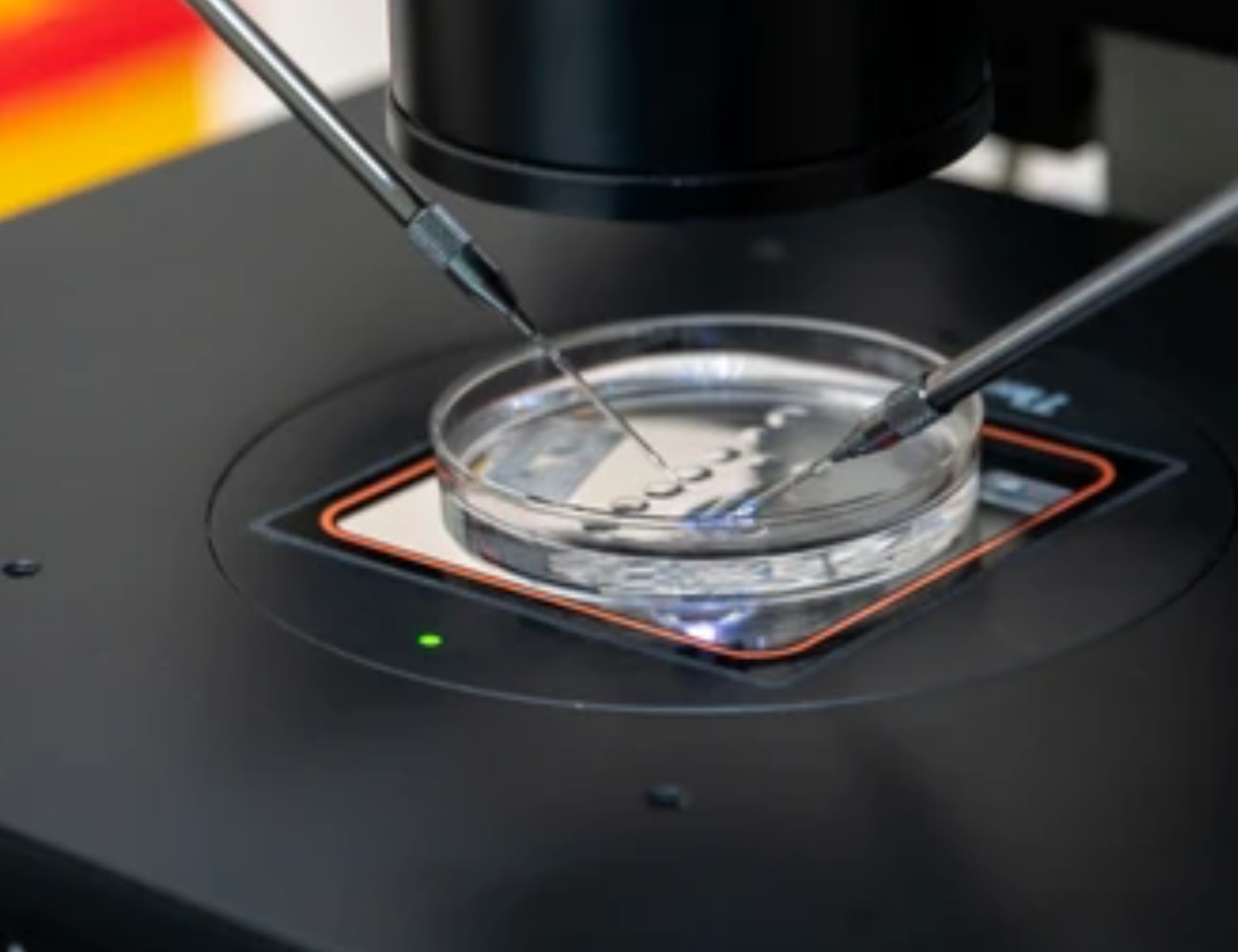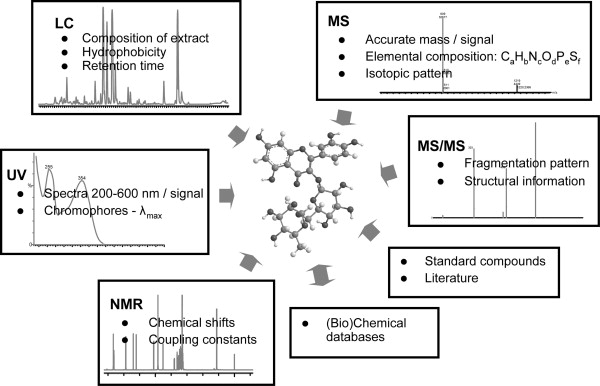In order to support drug discovery and the development of novel compounds, metabolite identification (MetID) studies are an essential step. These studies aid in understanding clearance mechanisms, determining the presence of potentially active or reactive metabolites, and spotting disproportionate or unusual metabolites in compounds to better comprehend the transformability of molecules.
Our company can provide a range of MetID services to meet the needs of its customers. This can involve detailed cross-species hepatocyte comparisons to identify suitable species for safety studies, and the identification of main metabolic pathways to enable optimization techniques or to help pharmacological species selection.
Service Overview

It simplifies the choice of suitable animal species for toxicity investigations by estimating the metabolite profile that most closely reflects that of humans. For the analysis and identification of metabolites, Our company employs high-resolution, precise mass spectrometry. By identifying the metabolites produced during in vitro or in vivo research, we can better understand the pharmacological metabolism of your substances. We frequently research enzymes in vitro using hepatocytes, S9 fractions, liver (or extrahepatic) microsomes, and recombinant enzymes. Plasma and excretion are the main sample types we use in vivo.
The following are common biologics studies.
- Oligonucleotides: Possible types of oligonucleotides. Single-stranded, double-stranded, siRNA, non-naturally modified, targeted structures, modified phosphoglycans.
- Peptide: Synthetic or modified peptides (usually 10-15 amino acids). Usually requires radiolabel.
- Antibody Drug Conjugates: Experience with in vitro, preclinical ADME. Usually studies of slug metabolism, or slug and linker.
Research Capabilities
To assist customers in determining the safety and destiny of lead compounds, Our company provides complete MetID services in a state-of-the-art facility. By locating and addressing weak points of metabolic instability, our assays aid in optimizing chemical clearance throughout the early stages of drug research.
Our skilled team is committed to the characterization, in vitro analysis, and analysis of metabolites employing microsomes, hepatocytes, recombinant metabolizing enzymes, and plasma. To measure crucial information, such as accurate mass and structural resolution data of metabolites, our team combines liquid chromatography (LC) with high-resolution mass spectrometry (HRMS) and mass spectrometry (MS) based analytical procedures.
Our research capabilities include:
- Nonclinical Metabolite Identification
Soft spot identification, In vitro cross-species comparison, and Preclinical AME/ADME.
- Clinical Metabolite Identification
Human AME, Clinical metabolite identification, and In vivo cross-species comparison.
- Environmental Metabolite Identification
Agrochemical metabolite identification
 Fig.1 Data given by analytical technologies and databases that can lead to identification of a metabolite for the example of rutin. (Moco S, et al. 2007)
Fig.1 Data given by analytical technologies and databases that can lead to identification of a metabolite for the example of rutin. (Moco S, et al. 2007)
Complementary Technologies for MetID
- Titanium Ttrichloride - Confirmation of ortho-oxides through titanium(III) chloride reduction to amines.
- Metabolite Isolation - Separates particular metabolites to make identification easier.
- Matrix Matching - Matrix matching between species can reduce the impact of matrices and make it easier to compare metabolite reactions between different species.
- Deuterium Exchange - Use deuterated mobile phases to highlight exchangeable protons such -NH, -OH, and -COOH in order to characterize metabolites. It aids in the differentiation and clarification of the structures of isomeric metabolites.
Overall Solutions
| Project Name | Metabolite Identification Service |
| Service Details | - Metabolite soft spot analysis
- Metabolite fingerprinting
- High throughput reactive metabolite screening
- Intrinsic clearance (CLint) and high level analysis of the first three metabolites in liver microsomes and hepatocytes
|
| Deliverables | Within agreed time, we will provide the summary to experiment data and conclusions, as well as a final experiment report. |
| Cycle | Decide according to your needs. |
For more information, please feel free to contact us.
Reference
- Moco S, et al. (2007). "Metabolomics Technologies and Metabolite Identification." TrAC Trends in Analytical Chemistry. 26(9): 855-866.
Related Services
It should be noted that our service is only used for research, not for clinical use.


 Fig.1 Data given by analytical technologies and databases that can lead to identification of a metabolite for the example of rutin. (Moco S, et al. 2007)
Fig.1 Data given by analytical technologies and databases that can lead to identification of a metabolite for the example of rutin. (Moco S, et al. 2007)